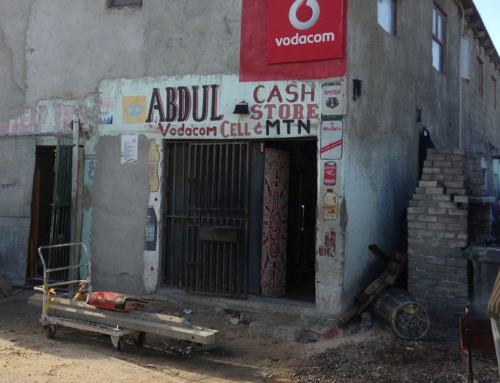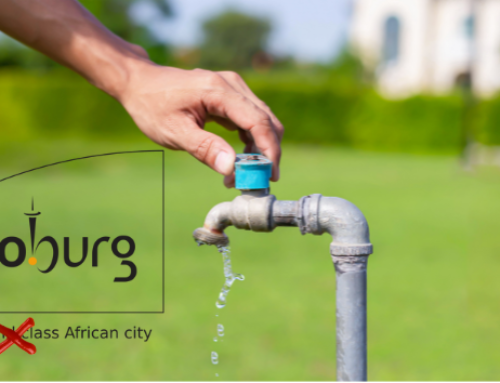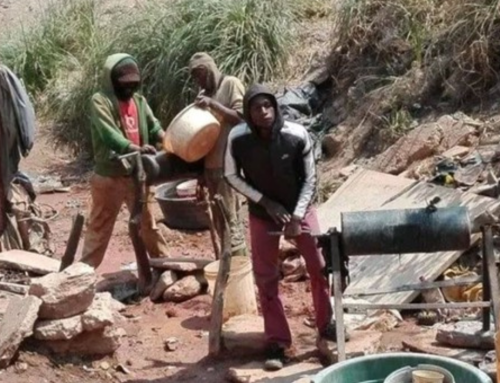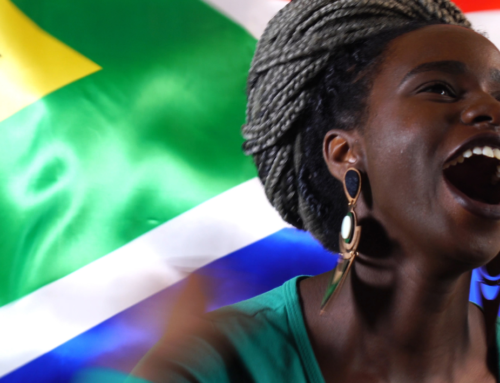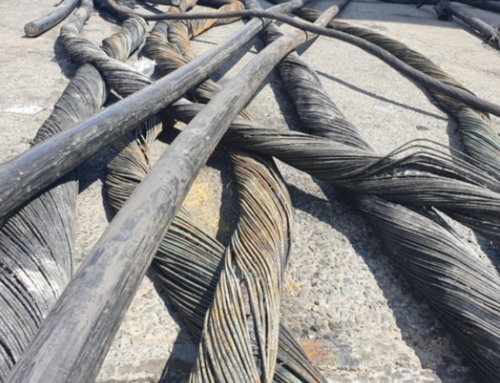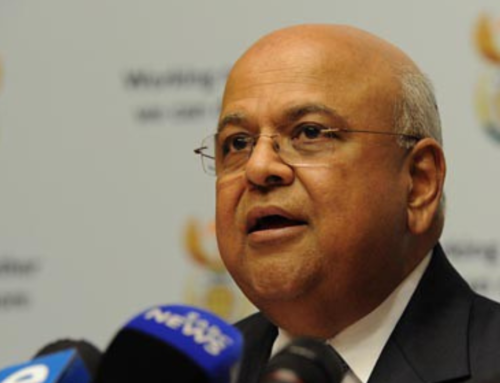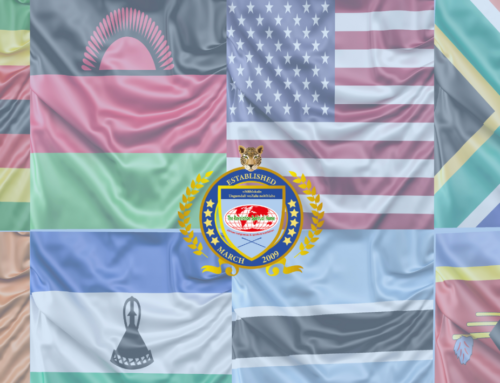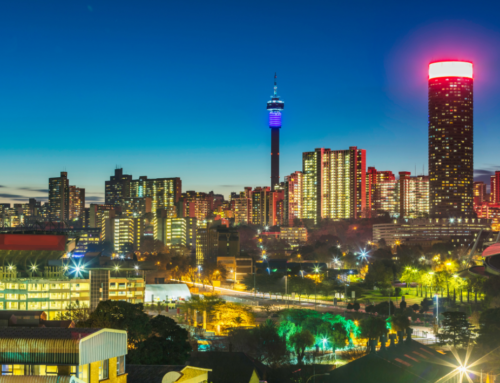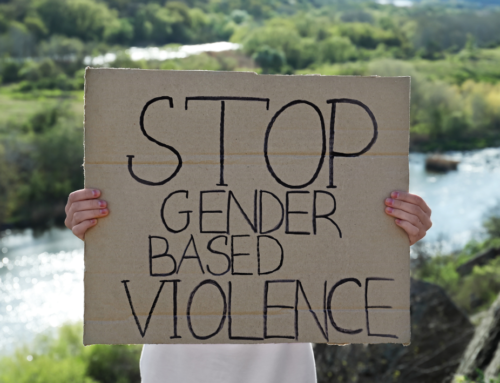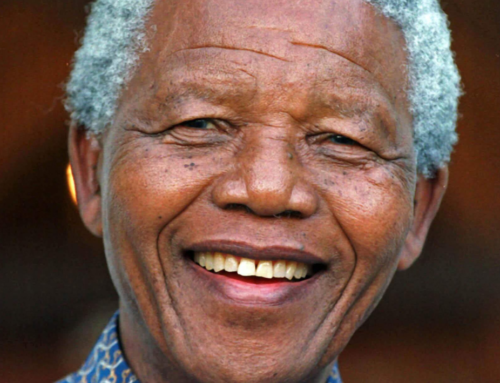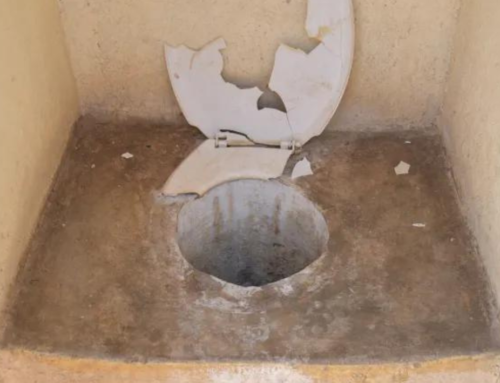Address by Mr Bantu Holomisa, MP on Freedom Day in the Vhembe Distrtict in Limpopo on 27 April 2013
Programme Director,
Deputy President of the UDM
Secretary General of the UDM,
UDM National Executive Committee Members,
UDM Limpopo Provincial Leadership,
UDM Public Representatives and members of the Party,
People of Vhembe Region,
Fellow South Africans;
Thank you to all of you, who have come today, to make this celebration possible. The structures of the United Democratic Movement (UDM) in Limpopo have worked very hard to bring us all together; thank you.
The commemoration of Freedom Day reminds us of the heavy price our struggle heroes and heroines paid for the freedom we now enjoy.
This day gives us an opportunity to reflect on the progress we have made since the advent of democracy in 1994 as well as the challenges we face today.
Truth be told, we started well in 1994. We built a democratic dispensation based on the noble ideals of protecting human rights and promoting freedom.
This, together with the exemplary manner with which we managed the pre-1994 negotiations and the transition that gave birth to a new political dispensation, made South Africa a beacon of hope for Africa and the rest of the world.
Indeed, we made tremendous progress since then. However, nineteen years later, a closer look at our country reveals serious regression.
Today, South Africans have to put up with a faltering and underperforming economy that seems incapable of growing at the levels required to reduce unemployment, to eradicate poverty and inequality. This underperformance occurs against the background of the ever-increasing gap between the haves and haves-not.
Our education system ranks among the worst performers in world. This happens despite the huge amount of resources the country ploughs into it. The poor state of our education fails our children and jeopardises their future.
Our primary healthcare system is falling apart. Hospitals and clinics are short-staffed, they have no medicines and patients are treated with disdain.
Corruption in the government is rife despite its assurances to the contrary. The Comrades in Corruption loot state resources daily and with impunity through tenderpreneurship and bogus schemes. This handicaps service delivery and results in many violent service delivery riots around the country. Even prospective investors shun South Africa as an investment destination because of the high levels of corruption, and our people pay the price.
Government uses every opportunity to abuse power by intimidating those who challenge or disagree with it. The ruling alliance’s overreaction to Bret Murray’s Spear Painting is a case in point. To make matters worse, government officials are appointed based on political affiliation rather than merit.
Government prioritises elite projects and spend billions of Rands on projects, such as the Gautrain, instead of ploughing this money into service delivery.
Weak leadership paralyses every sphere of government. Nowhere is this more evident than in the high rate of policy turnover; each new minister brings a new policy. With each new appointment, there is poor or no implementation of either the inherited or new government programmes. This creates confusion and instability, because the people do not know what to expect from government and, more importantly, how evaluate its performance.
This regime does not respect the rule of law. We see how it reacts when the courts do not rule in its favour.
You will recall that in 2009 the National Prosecuting Authority (NPA) took an administrative decision to drop all corruption charges against President Zuma paving his way to the Union Buildings. This has caused irreparable damage to the reputation of our justice system, because people now believe that, in our justice system, politically connected and powerful individuals “are more equal than others”.
Compare the way in which President Zuma was treated, to that of the former ANC Youth League (ANCYL) President, Julius Malema. State institutions have been used to harass and destroy him.
I am not here to defend Mr Malema; he is a shrewd politician he can do that for himself. Contrary to the monster his detractors portray him to be, Mr Malema has carried himself in a dignified manner during this difficult time in his life. In fact, he has thus far displayed more respect for the rule of law than some of the senior leaders of the ruling party.
Other challenges facing our Nation today include, but are not limited to, high levels of crime, dysfunctional local government councils and a lack of sustainable development programmes.
With the bleak picture I have sketched thus far, it is not difficult to conclude that we are on a slippery slope to a dysfunctional state and anarchy.
To turn this situation around, we need to intensify our efforts to ensure that elected leaders consult with the electorate and account for their political decisions and programmes.
Improving the efficacy of this vertical form of accountability has numerous benefits. Chief among these benefits is that it enables the people to keep track and evaluate the performance of their government.
There are instances where people are afraid to question the performance of government departments due to fear of reprisal. We should use this process to ensure that no one is victimised for demanding delivery.
There are also cases where government deliberately misinforms the public, such as the recent controversy around deployment of South African troops to the Central African Republic (CAR) for an unspecified mission.
Democracy is subverted when elected politicians do not consult and account to the electorate, and when they deliberately misinform the public about some of their decisions.
Given the victimisation of our people, as mentioned above, I applaud you for your courage in collecting the service delivery complaints of the people of Limpopo. You did this despite the fact that you might be victimised.
A special thanks therefore to the people of the Capricorn, Thulamela and Aganang Municipalities for forwarding their complaints to us.
The UDM councillors and the leadership of this province have done a sterling job of encouraging communities to come forward with their service delivery complaints and concerns. I thank you for your hard work.
Ladies and gentlemen, this process is gathering momentum. As I am speaking to you, we will be receiving more complaints from the people of this province.
A quick look at the list of service delivery complaints from 20 villages in Ward 22 reveals the same regression I mentioned earlier. Tomorrow I will however meet with Chief Lambani and the people of this community at the Chief’s kraal to talk about their worries.
As with the other people, with whom we have interacted in this province, the people in these villages complain about (among others) having no water and no electricity; their roads are impassable and their schools and clinics poorly equipped.
With such a long list of service delivery complaints, some of which constitute serious human rights violations, we wonder whether the Human Rights Commission is playing its proper role. You wonder whether it has not also just become another employment agency for the ruling party’s cadres.
Once we have received all your complaints, we will hand them over to President Zuma for attention.
To the UDM structures in the province, these complaints provide a clear indication that our people are unhappy with the current government.
You will recall that the UDM was once the main opposition party in this province. The floor-crossing legislation however cost us that status. We need to work hard regain it. We have to crisscross the province to recruit members and to swell our ranks.
We must make it clear to all and sundry that the UDM is here to stay and that we have an important role to play in South Africa. We will not surrender, nor will we allow ourselves to be swallowed by another political party.
We have to make people understand that efficacy of the service delivery chain would, among other things, be achieved in the face of adequate electoral competition between South Africa’s various political parties. One party dominance breeds arrogance of power, complacency, corruption and poor service delivery.
I thank you.





